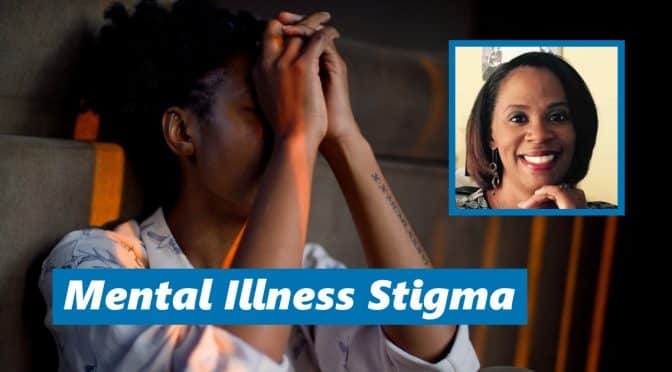Why is there still mental illness stigma in black communities?
Stigma, perceptions of weakness and belief systems still prevent people from getting help for mental illnesses. It’s best to treat it like any other illness and to seek help

Out with mental illness ignorance, in with learning and healing
TG2K had a pleasure of gaining insights from Dr Tshifhiwa Kodisang on the issue of stigma around mental illness – particularly about why there’s so much stigma around mental illness within the black community. She mentioned one reason as having to do with a background of a lack of resources. This, Kodisang says, “caused mental illness to be experienced in the extreme”.
Stigma and finding help
In his book Healing Depression for Life, Gregory Jantz says that “the perceived social stigma of needing help with a mental health issue is still a powerful deterrent for many people”.
Kodisang acknowledges that due to stigmatisation, mental illness is often left untreated, leading to people disintegrating and becoming dysfunctional. The narrative, she says, needs to change to mental illness being understood as something you can get support for instead of wanting to be perceived as “being in control and being strong enough”.
She adds that because of mental illness not having been acknowledged and validated for what it is in black communities, people battling with mental illness have often been believed to bewitched, to be spiritually attacked or not to have enough faith.
Although Kodisang mentions that the latter has subsided, she cautions that we’ve now become worshipers of materialism such that mental illness is often associated with those who aren’t ‘doing well’ in material terms.
Self-stigma is deeper than you think
Self-stigma can be defined as “the negative attitudes, including internalised shame that people with mental illness have about their own condition”. Kodisang simply defines it as “judging yourself”. None of this will lead to healing. Be kind enough to yourself to, “acknowledge what you are going through and the intensity of what is happening”.
Offering support
When giving support to someone struggling with a mental illness, you shouldn’t focus on solutions, says Dr Kodisang. Simply being there to listen just might be enough. Sometimes people just want you to hold their hand and not say a single word.
If you or someone close to you is struggling with a mental illness, remember that there’s hope, and don’t let stigma stand in the way of getting the help you need.
Last updated Thursday - May 12, 2022



